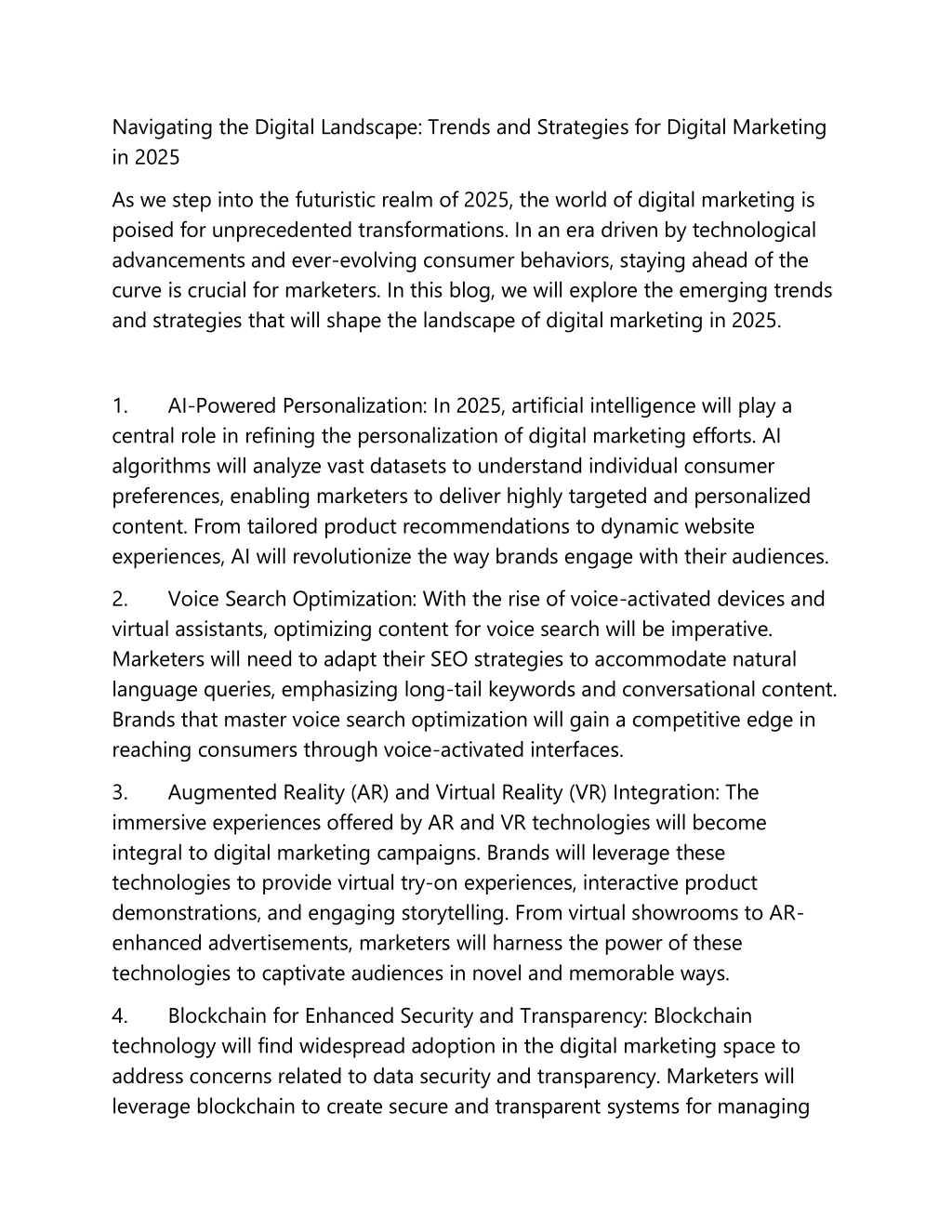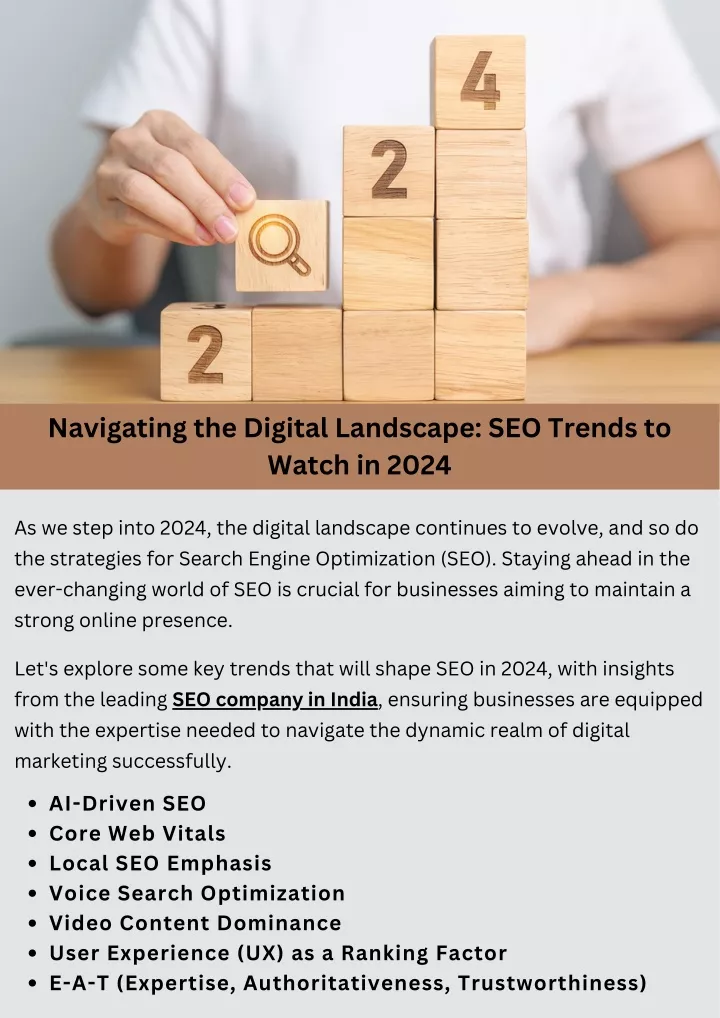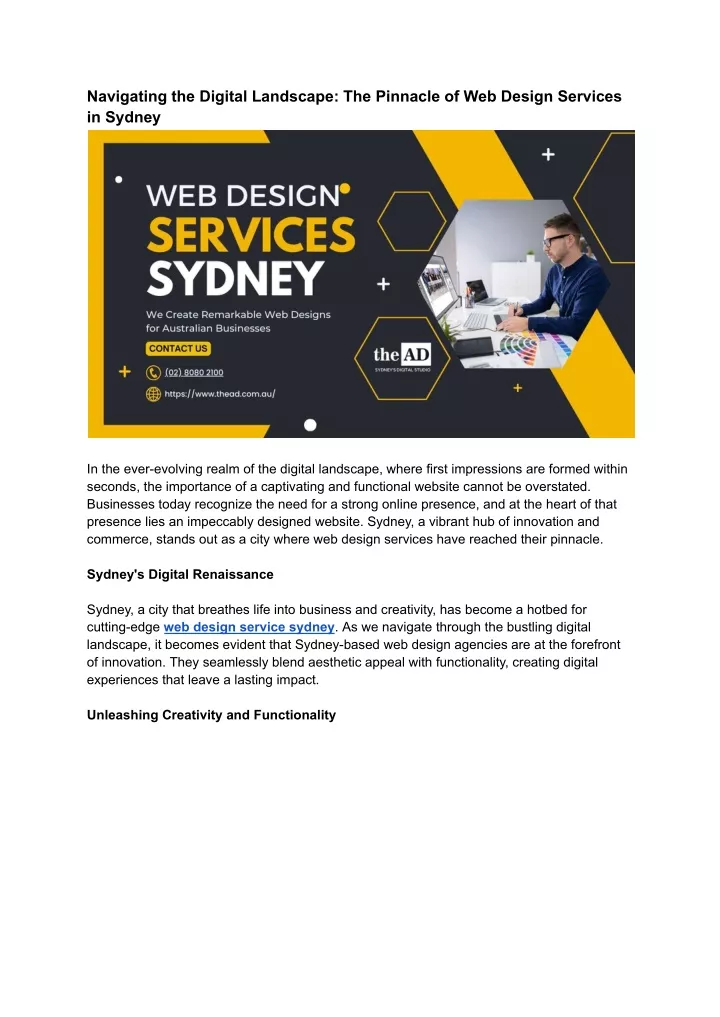Navigating the Digital Landscape: Website Trends Shaping 2025
Navigating the Digital Landscape: Website Trends Shaping 2025
Introduction
In this auspicious occasion, we are delighted to delve into the intriguing topic related to Navigating the Digital Landscape: Website Trends Shaping 2025. Let’s weave interesting information and offer fresh perspectives to the readers.
Table of Content
Navigating the Digital Landscape: Website Trends Shaping 2025

The digital landscape is constantly evolving, and understanding upcoming trends is crucial for businesses seeking to thrive in the online world. While predicting the future with absolute certainty is impossible, analyzing current developments and emerging technologies allows us to anticipate the key 2025 website trends that will shape the online experience for both businesses and users.
1. The Rise of Immersive Experiences
The desire for engaging and interactive online experiences is driving the adoption of technologies like augmented reality (AR) and virtual reality (VR). These immersive technologies are poised to revolutionize online shopping, education, and entertainment by blurring the lines between the physical and digital worlds.
- AR/VR in E-commerce: Imagine trying on clothes virtually before buying them or experiencing a 3D tour of a new apartment. AR/VR can enhance the shopping experience, reducing returns and increasing customer satisfaction.
- Virtual Events and Conferences: As hybrid and remote work models become more prevalent, virtual events will continue to gain traction. AR/VR can create realistic and engaging virtual environments for conferences, exhibitions, and even social gatherings.
- Educational Applications: AR/VR can bring history books to life, allow students to dissect virtual organs, or provide interactive simulations for hands-on learning experiences.
2. Personalized and Contextualized Experiences
Personalization has become a cornerstone of online experiences, and this trend is expected to intensify in the coming years. Websites will leverage data and artificial intelligence (AI) to tailor content, recommendations, and interactions to individual users.
- Data-Driven Personalization: Websites will use user data, browsing history, and preferences to deliver highly personalized content, product recommendations, and even dynamic pricing strategies.
- Contextualized Experiences: Websites will consider factors like location, time of day, and device type to create more relevant and engaging experiences. For instance, a travel website might display local attractions based on a user’s current location.
- AI-Powered Chatbots: Chatbots powered by AI will provide personalized customer support, answer frequently asked questions, and guide users through the website with tailored recommendations.
3. Voice Search Optimization
Voice search is rapidly gaining popularity, with users increasingly turning to voice assistants like Siri and Alexa for information and online tasks. Websites will need to adapt their content and structure to optimize for voice search queries.
- Natural Language Processing: Websites will need to utilize natural language processing (NLP) to understand and interpret voice queries, which are often phrased differently than traditional text searches.
- Long-Tail Keywords: Voice search queries tend to be longer and more conversational, requiring websites to focus on long-tail keywords and create content that answers specific questions.
- Featured Snippets: Websites should aim to rank for featured snippets, the concise answers that appear at the top of search engine results pages (SERPs) for voice searches.
4. The Rise of Mobile-First Design
Mobile devices are now the primary means of accessing the internet for many users. Websites will need to prioritize mobile-first design, ensuring a seamless and optimized experience across all screen sizes.
- Responsive Design: Websites should utilize responsive design principles, adapting their layout and content to fit different screen sizes and orientations.
- Mobile-Friendly Content: Content should be concise, easy to read, and visually appealing on mobile devices. Images and videos should be optimized for fast loading times.
- Mobile-Specific Features: Websites should consider implementing mobile-specific features like touch-friendly navigation, swipe gestures, and location-based services.
5. The Importance of User Experience (UX)
User experience (UX) will continue to be paramount in 2025, with websites focusing on creating intuitive, user-friendly interfaces and seamless interactions.
- Intuitive Navigation: Websites should have clear and concise navigation menus, making it easy for users to find the information they need.
- Fast Loading Times: Users expect websites to load quickly, and slow loading times can lead to frustration and abandonment. Optimizing images, code, and server performance is crucial.
- Accessibility: Websites should be designed with accessibility in mind, ensuring that users with disabilities can access and navigate the site without difficulty.
6. The Power of Video Content
Video content is increasingly popular, and websites will need to leverage this trend to engage users and convey information effectively.
- Video Optimization: Videos should be optimized for search engines, with relevant titles, descriptions, and tags.
- Live Streaming: Websites can use live streaming to host events, webinars, and product demonstrations, providing real-time interaction with viewers.
- Interactive Video: Websites can create interactive videos that allow users to choose their own paths, making the experience more engaging and personalized.
7. The Integration of Artificial Intelligence (AI)
AI is transforming the way websites operate, from content creation and personalization to customer service and marketing.
- AI-Powered Content Generation: AI can assist with content creation by generating ideas, writing drafts, and even creating images and videos.
- Predictive Analytics: AI can analyze user data to predict future behavior and personalize recommendations, marketing campaigns, and customer service interactions.
- Automated Tasks: AI can automate repetitive tasks like data entry, customer support responses, and social media management, freeing up time for other activities.
8. The Importance of Security and Privacy
As cyber threats become more sophisticated, websites must prioritize security and privacy to protect user data and build trust.
- Secure Protocols: Websites should use HTTPS encryption to protect user data during transmission.
- Data Protection Policies: Websites should implement clear and transparent data protection policies, explaining how user data is collected, stored, and used.
- Regular Security Updates: Websites should regularly update software and plugins to patch vulnerabilities and protect against security breaches.
Related Searches
- Website Design Trends 2025: This search focuses on the visual and aesthetic aspects of website design, including color palettes, typography, and layout trends.
- Web Development Trends 2025: This search explores the technical aspects of web development, including programming languages, frameworks, and tools.
- E-commerce Trends 2025: This search focuses on the future of online shopping, including trends in payment methods, delivery options, and customer experience.
- Digital Marketing Trends 2025: This search explores the evolving landscape of digital marketing, including trends in search engine optimization (SEO), social media marketing, and content marketing.
- User Experience (UX) Trends 2025: This search focuses on the future of user experience design, including trends in usability, accessibility, and personalization.
- Artificial Intelligence (AI) in Web Development: This search explores the role of AI in web development, including its applications in content creation, personalization, and automation.
- Web Security Trends 2025: This search focuses on the latest threats to website security and the best practices for protecting user data.
- Future of the Internet 2025: This search explores broader trends shaping the future of the internet, including the rise of the metaverse, the growth of the Internet of Things (IoT), and the impact of emerging technologies.
FAQs by 2025 Website Trends
Q: What are the most important website trends to focus on in 2025?
A: The most important trends include immersive experiences (AR/VR), personalized and contextualized experiences, voice search optimization, mobile-first design, user experience (UX), video content, artificial intelligence (AI), and security and privacy. These trends will shape the online experience for both businesses and users.
Q: How can businesses prepare for these trends?
A: Businesses should start by researching these trends and understanding how they can be implemented. They should invest in technologies like AR/VR, AI, and mobile-first design. They should also focus on creating high-quality content, optimizing for voice search, and prioritizing user experience.
Q: What are the benefits of adopting these trends?
A: Adopting these trends can lead to increased engagement, improved user experience, higher conversion rates, and a competitive advantage in the digital landscape.
Q: Are these trends relevant for all businesses?
A: While some trends might be more relevant for specific industries, most of these trends are applicable to businesses of all sizes and across various sectors.
Tips by 2025 Website Trends
- Prioritize User Experience (UX): Invest in UX research and design to create intuitive and engaging websites.
- Embrace Mobile-First Design: Ensure your website is responsive and optimized for mobile devices.
- Optimize for Voice Search: Utilize natural language processing (NLP) and long-tail keywords to target voice search queries.
- Explore Immersive Technologies: Consider incorporating AR/VR into your website to enhance user experiences.
- Leverage Video Content: Create high-quality videos to engage users and convey information effectively.
- Integrate Artificial Intelligence (AI): Use AI to personalize experiences, automate tasks, and improve website efficiency.
- Prioritize Security and Privacy: Implement robust security measures to protect user data and build trust.
- Stay Updated: Keep abreast of the latest trends and technologies to stay ahead of the curve.
Conclusion by 2025 Website Trends
The 2025 website trends highlight the ever-evolving nature of the digital landscape and the importance of adapting to new technologies and user expectations. Businesses that embrace these trends and prioritize user experience, security, and innovation will be well-positioned to thrive in the online world. By understanding and implementing these trends, businesses can create engaging, personalized, and secure websites that meet the needs of their users and drive success in the years to come.








Closure
Thus, we hope this article has provided valuable insights into Navigating the Digital Landscape: Website Trends Shaping 2025. We hope you find this article informative and beneficial. See you in our next article!